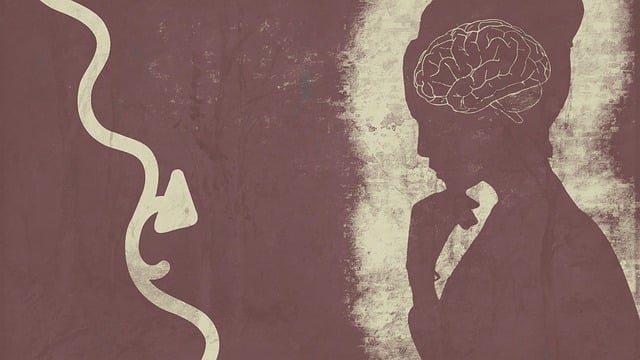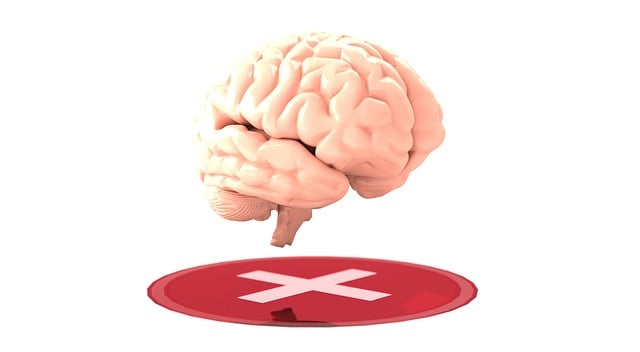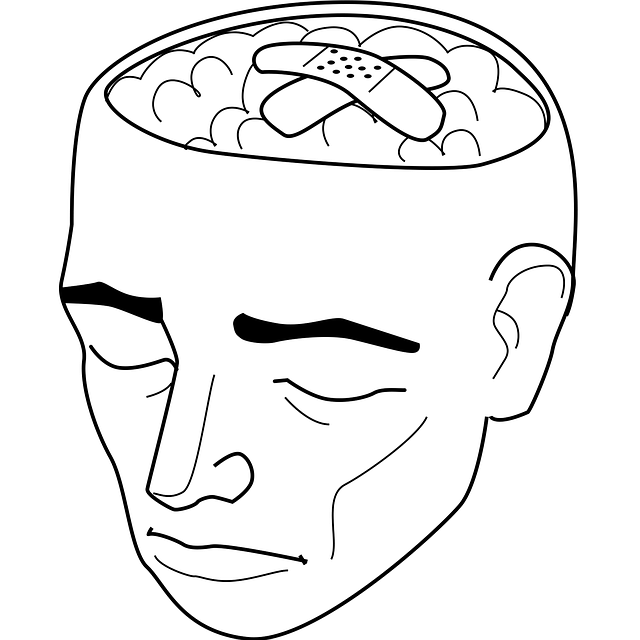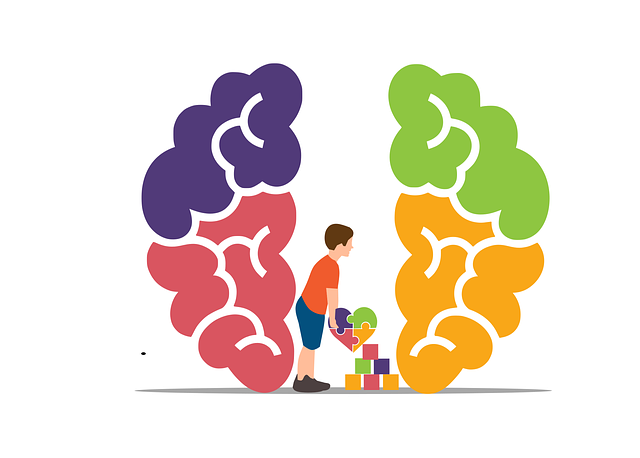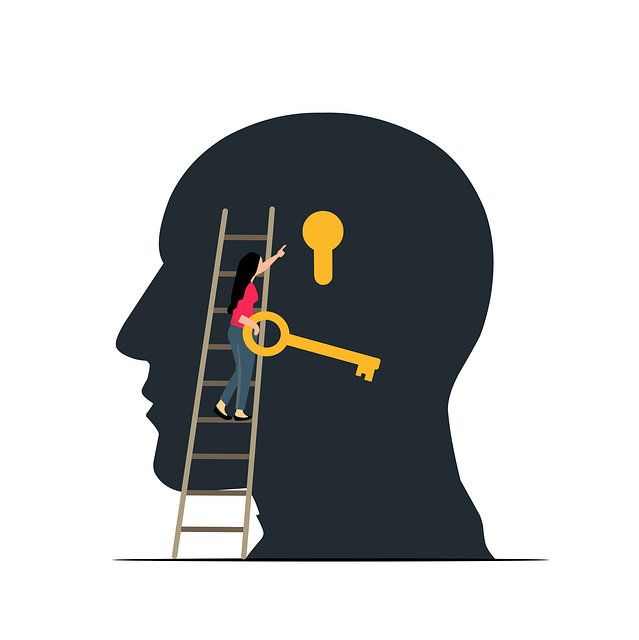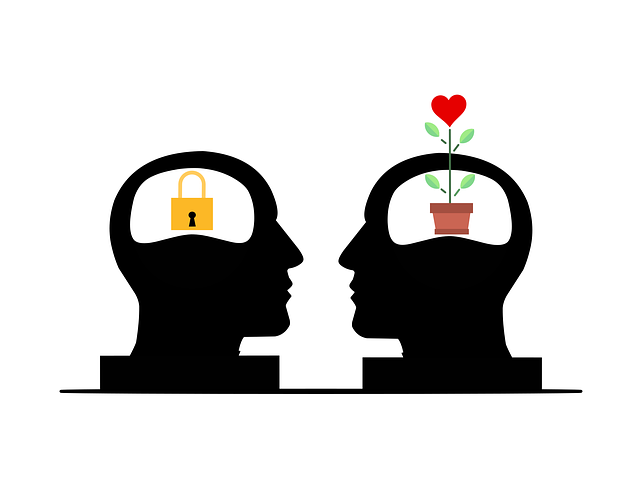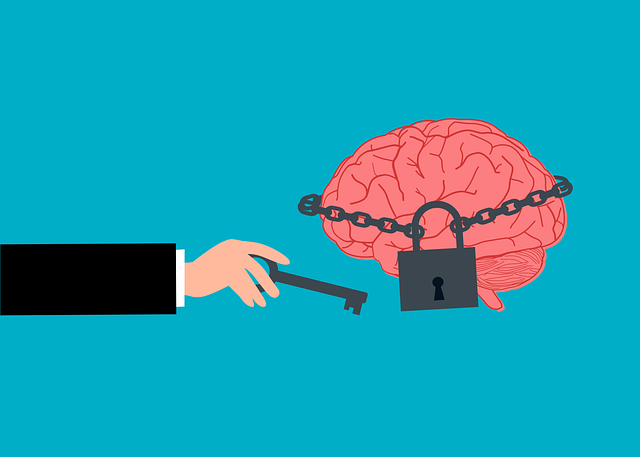Understanding mental health is key to designing effective educational programs, emphasizing accurate information, demystifying conditions & treatments (including Boulder Cognitive Processing Therapy), and building resilience. Interactive elements like case studies, role-playing, and group discussions enhance learning outcomes, preparing individuals to apply knowledge in diverse settings. Integrating BCPT principles equips future therapists with powerful tools for crisis management and positive change. Evaluating program success through participant feedback and evidence-based updates ensures its longevity and adaptability, fostering compassionate and effective support systems.
“Unveiling the power of education in mental health support, this article delves into the strategic design of comprehensive programs. We explore essential components like ‘Understanding Mental Health’ and its role as a cornerstone for educational initiatives. Furthermore, we present an in-depth look at Boulder Cognitive Processing Therapy (BCPT), offering insights on principles and practical application.
From program structure to facilitation techniques, this guide aims to empower educators with tools to create engaging learning modules. By measuring impact and adapting practices, mental health education programs can achieve optimal results, fostering resilient individuals through evidence-based strategies, including BCPT.”
- Understanding Mental Health: Building a Foundation for Education
- Integrating Boulder Cognitive Processing Therapy (BCPT): Principles and Practice
- Program Structure: Designing Engaging and Effective Learning Modules
- Facilitation Techniques to Foster Interactive Session Dynamics
- Measuring Impact and Adapting the Program for Optimal Results
Understanding Mental Health: Building a Foundation for Education

Understanding Mental health is a foundational step in designing any educational program, especially those focused on well-being and therapy. It’s crucial to present accurate, non-stigmatized information about various mental health conditions, treatment options, and coping mechanisms. This includes introducing evidence-based practices like Boulder Cognitive Processing Therapy (BCPT), which has proven effective for addressing specific mental health challenges. By demystifying these concepts, learners can develop a more nuanced understanding of their own and others’ experiences.
A robust educational program should aim to foster resilience building, given that burnout prevention strategies for healthcare providers are integral to maintaining a healthy work-life balance. Incorporating interactive discussions, real-life case studies, and community outreach program implementation can enhance learning outcomes. These methods not only encourage critical thinking but also prepare individuals to apply their knowledge in diverse settings, contributing to more compassionate and effective support systems.
Integrating Boulder Cognitive Processing Therapy (BCPT): Principles and Practice

Integrating Boulder Cognitive Processing Therapy (BCPT) into mental health education programs offers a powerful framework for enhancing therapeutic skills and improving patient outcomes. BCPT focuses on identifying and modifying maladaptive thought patterns, providing a structured approach to help individuals process traumatic experiences and manage complex emotions effectively. By incorporating BCPT principles and practices, students in mental health professional training gain valuable tools for supporting clients in coping with a range of issues from anxiety and depression to post-traumatic stress disorder (PTSD).
This evidence-based therapy emphasizes the importance of a thorough risk assessment for mental health professionals to ensure client safety during therapeutic processes. Through BCPT, students learn strategies for developing coping skills, managing crises, and providing guidance tailored to individual needs. By mastering these techniques, future therapists are equipped to facilitate positive changes in their clients’ lives while adhering to best practices in the field.
Program Structure: Designing Engaging and Effective Learning Modules

Effective mental health education programs are meticulously designed to engage and empower learners, fostering a deeper understanding of cognitive processes and emotional well-being. When structuring learning modules, it’s essential to incorporate interactive elements that cater to diverse learning styles. For instance, combining traditional lectures with practical exercises, role-playing scenarios, and group discussions can optimize knowledge retention. Each module should build upon the previous one, creating a logical progression that takes participants on a journey of self-discovery.
The integration of evidence-based practices, such as Boulder Cognitive Processing Therapy, alongside empathy-building strategies, can create a powerful learning experience. Public awareness campaigns development centered around mental health can be woven into the curriculum to encourage open conversations and break down stigma. By teaching Mind Over Matter principles, learners gain practical tools for stress management and emotional resilience, ultimately enhancing their ability to navigate life’s challenges with greater ease and clarity.
Facilitation Techniques to Foster Interactive Session Dynamics

In designing an effective Mental Health Education program, facilitation techniques play a pivotal role in fostering interactive session dynamics. Engaging participants through active learning methods like role-playing scenarios and group discussions can significantly enhance their understanding of concepts such as Boulder Cognitive Processing Therapy (BCPT). These techniques not only promote critical thinking but also encourage peer-to-peer learning, creating a supportive environment that allows individuals to share experiences and insights openly. By integrating these interactive elements, the program facilitates the development of inner strength and empowers participants to apply learned strategies in their daily lives.
Additionally, incorporating empathy building strategies and stress reduction methods within sessions can further enrich the educational experience. Teaching participants effective communication skills and techniques for managing stress can foster a sense of community and understanding. This, in turn, can lead to more profound personal growth and improved mental well-being. The integration of such approaches ensures that the program not only educates but also equips individuals with practical tools for navigating life’s challenges, ultimately contributing to their overall resilience and mental health.
Measuring Impact and Adapting the Program for Optimal Results

Evaluating the effectiveness of a mental health education program is a crucial step in ensuring its long-term success and adaptability. Measuring impact involves assessing both the immediate outcomes and the sustained effects on participants’ knowledge, attitudes, and behaviors related to mental wellness. This process can be achieved through various methods, such as pre-and post-program surveys, focus groups, or interviews. By comparing these data, program designers can identify what works well and areas that need improvement.
Adapting the program based on these findings is essential for optimal results. Incorporating feedback from participants and stakeholders allows for refining content, delivery methods, and resources to better meet diverse needs. For instance, integrating Boulder Cognitive Processing Therapy techniques or empathy-building strategies can enhance the program’s effectiveness in fostering positive mental health outcomes. Regularly updating the curriculum using evidence-based practices ensures that the education remains relevant and impactful, catering to the evolving landscape of mental health care.
Mental health education programs, effectively structured around evidence-based practices like Boulder Cognitive Processing Therapy (BCPT), have the potential to significantly impact individual well-being and community resilience. By integrating engaging learning modules, interactive facilitation techniques, and continuous measurement of impact, these programs can adapt to meet diverse needs. This tailored approach ensures that education on mental health fosters meaningful connections and promotes positive change, ultimately enhancing the overall health and vitality of our communities.

